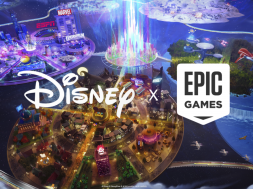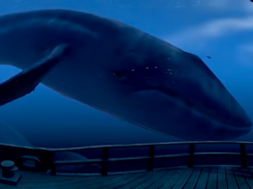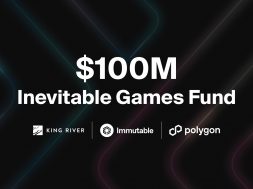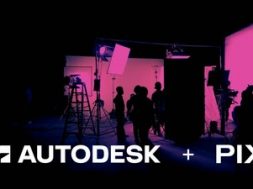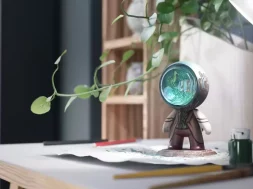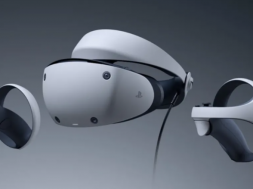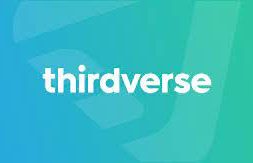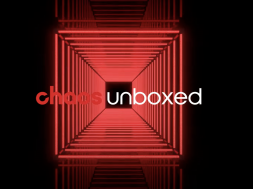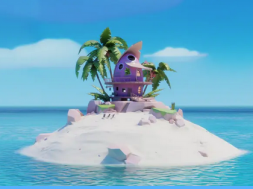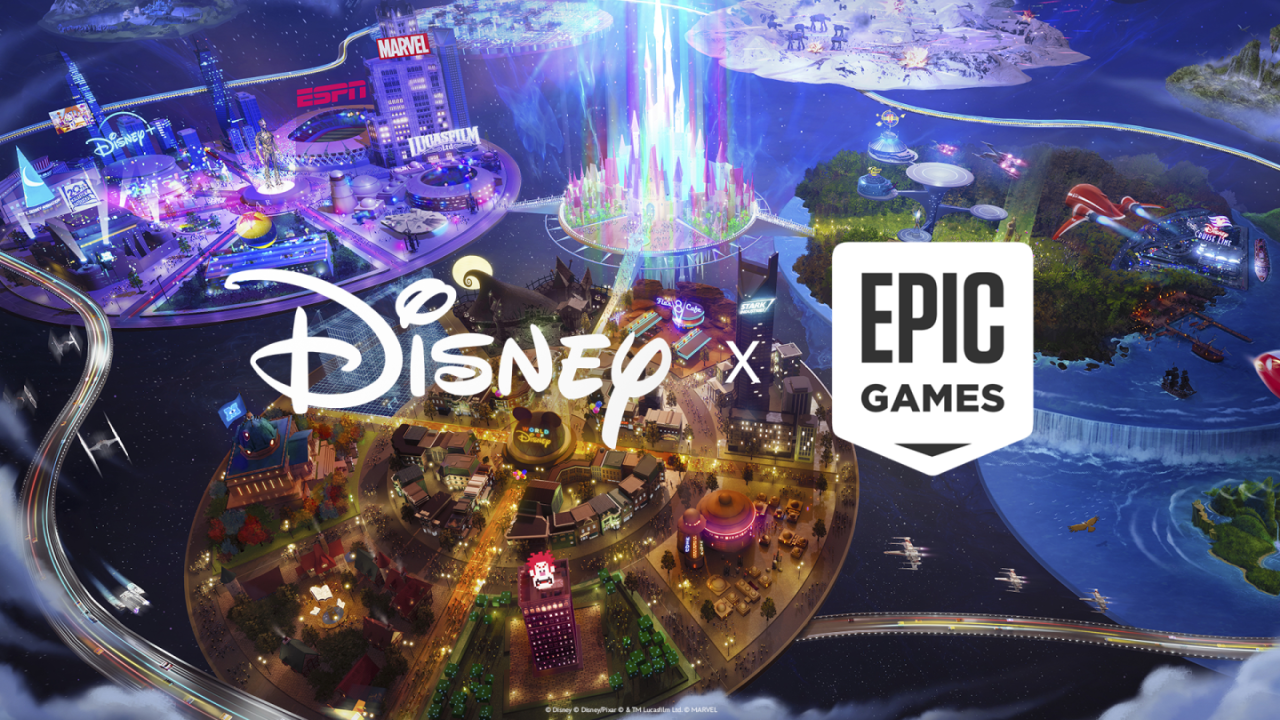
Is the Disney deal as Epic as we think?
So I admit, I can safely say I did not have “Disney invests $1.5 billion in Epic” on my 2024 bingo card, although I am pretty sure I am in good company when it comes to that announcement. But as folks who have been knocking around the worlds of the metaverse and gaming for years, as the dust settled on this, Tony Parisi and I have some thoughts.
First, it’s pretty clear that no one really understands what this means. The Hollywood Reporter cast the storyas one of a major studio moving aggressively into gaming, and would this trigger a new round of investment of gaming tied into Hollywood IP. A quote from Disney CEO Bob Iger in the article really highlights this: “The first thing they showed me were the demographic trends,” Iger recalled, speaking to Wall Street analysts Feb. 7. “When I saw Gen Z and Gen Alpha and even millennials, and I saw the amount of time they were spending in terms of their total media screen time on video games, it was stunning to me, equal to what they spend on TV and movies.”
So great, it’s the next round of gaming and Hollywood crashing together, but if you read a tech outlet and their take, it’s a different analysis, this time around the metaverse. The Verge reports that “Disney invests $1.5 billion in Epic to create ‘persistent universe’ tied to Fortnite” which includes this breathless pull quote: “In addition to being a world-class games experience and interoperating with Fortnite, the new persistent universe will offer a multitude of opportunities for consumers to play, watch, shop and engage with content, characters, and stories from Disney, Pixar, Marvel, Star Wars, Avatar, and more. Players, gamers, and fans will be able to create their own stories and experiences, express their fandom in a distinctly Disney way, and share content with each other in ways that they love.”
And finally there’s Nelson Peltz, who hates everything about it because…well, Peltz gonna Peltz.
Tony and I have quite a lot of experience when it comes to metaverse and gaming, and where those two worlds come together in ways that work, and in ways that don’t work. So, we have four distinct thoughts about this marriage.
First, just attaching a well-known brand to a virtual experience does not guarantee success. Not only is this not the first time a well-known brand has tried, this is not even Disney’s first foray into virtual worlds. Back in the 90s Disney tried building a virtual world experience around the Aladdin IP. The reason you have not heard of this is because it never launched, partially because of the technology of the day, but also because the idea of people being in control of Disney characters absolutely terrified the lawyers from the house of mouse.
Second as we have already seen in virtual experiences from Decentraland and Sandbox to Roblox and Minecraft , just taking a real-world experience like a store, a mall, or dare I say a theme park, and just transposing them into a virtual world often leads to disaster. At the least, it requires a complete rethink of how the connections and conversations are going to happen in this new setting, and how it differs from what happens IRL. Without putting in the work to understand how these changes will impact the experience, these virtual Disney worlds could quickly become ghost towns just like many of their predecessors.
Third, Disney is going to have to think long and hard about how to weave creators into these experiences. If Disney is solely responsible for pushing out new content and engagements, these worlds will always be limited by the amount of experiences that can be generated, even for a company the size of Disney. This may be the hardest test for Disney, which has historically kept a pretty tight hold on their IP.
And finally, related to the previous thought, what are the plans for tools that can be released so the audience and creators can start investing in this world themselves. This has been part of the magic of Roblox and Minecraft from the beginning, simple to use tools that anyone can use easily to create new things. Although Epic stands as one of the best engines out there for virtual worlds, they have not seen the uptake in their tools such as Fortnite Creator, still only numbering in the thousands as opposed to the millions on the Roblox Creator Hub. And back to our comment about creating new types of connections, not many people are investing into these new creations on Fortnite, which is really what creates stickiness. According to Statista, only five developers on Fortnite represented the majority of the revenue generated from user rewards.
So, although the Disney/Epic is certainly an exciting market signal for the metaverse, we wouldn’t be lining up for those virtual tickets just quite yet.
